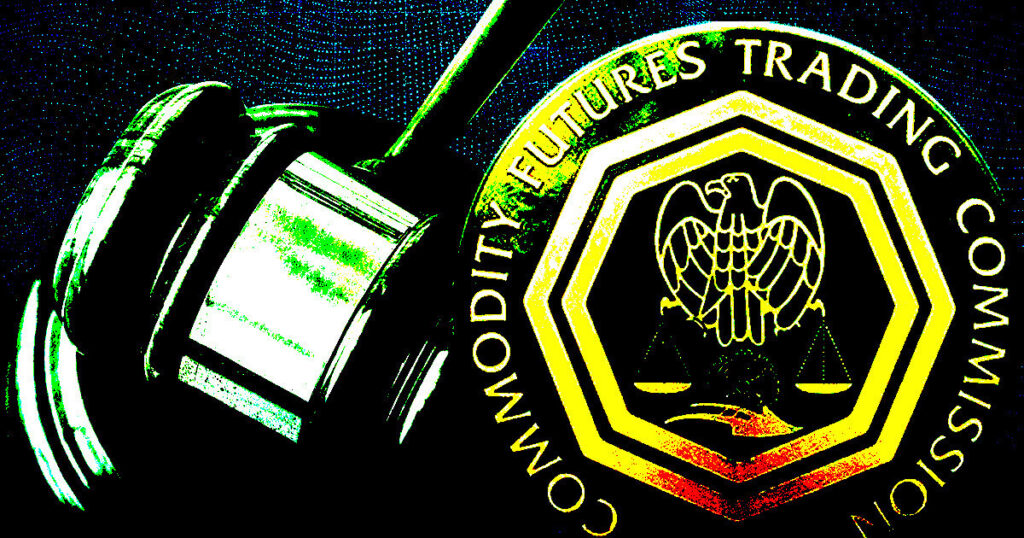Rostin Behnam, Chairman of the US Commodity Futures Trading Commission (CFTC), emphasized the need for a clear regulatory framework in the burgeoning cryptocurrency market during a recent podcast interview with the Intercontinental Exchange (ICE) on Aug. 14.
Behnam expressed concern about the industry’s current ambiguity and vulnerability to potential fraud and manipulation, stating, “The market seems to want some sort of regulatory framework.”
These comments come as institutional interest in cryptocurrency is on the rise and market participants are seeking clarity. “You can predict that institutional demand is likely to increase if there is a clear regulatory framework in place,” he noted. Behnam’s focus was on institutions and individual participants who need risk hedging within the crypto environment.
Commodities versus securities
Behnam has commented extensively on the cryptocurrency space in the past, most notably expressing his view that many coins, including Bitcoin and Ethereum, should be considered commodities.
However, this position is somewhat at odds with that of Securities and Exchange Commission (SEC) Chairman Gary Gensler, who previously stated that the vast majority of cryptocurrencies should be categorized as securities and thus already fall under existing securities laws. Behnam disputes this view, stating that approximately 70% of the crypto market should be classified as commodities. He called on Congress to enact legislation to provide clearer guidance on commodity tokens, strengthening the powers of the CFTC in overseeing this sector.
This is not the first time that the CFTC chairman has entered the crypto regulation debate. At a hearing in March 2023, Behnam declared digital assets such as Ethereum and certain stablecoins as commodities, questioning the SEC’s broader classification of cryptocurrencies as securities. This distinction between the two regulatory bodies has long been a matter of debate and is likely to continue to shape the regulatory landscape of the cryptocurrency industry.
As institutional and individual interest in the crypto market continues, the call for clearer, more nuanced and comprehensive regulatory guidance is becoming louder.

